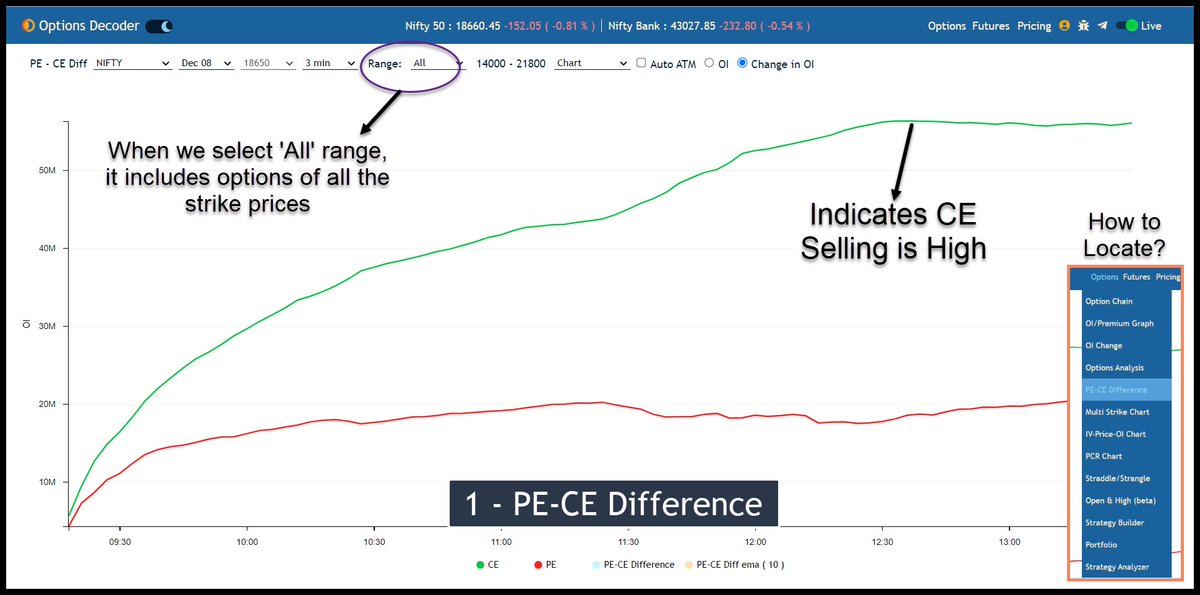THREAD: COUNTERFEIT STOCKS
There are four major players in the industry: Hedge funds, prime brokers, the DTCC, and the SEC.
Hedge funds and the SEC you know of, but the DTCC and prime brokers are important.
These prime brokers in turn collectively own the Depository Trust Clearing Corp - DTCC.
And the hedge funds *really* like playing with the house’s money.
So how do you get more?
You extend the period.
Stocks owned in margin accounts are not only immediately loaned out, but are also treated like complete, whole shares as soon as the sale goes through. So watch this:
Buyer in margin account buys said sale.
Stock lands in margin account, is put into loan pool.
Hedge fund borrows back the “share” they just sold to the account, and the books are balanced.
Well, hedge funds pay massive fees to brokers, and as part of that deal, brokers change normal accounts into margin accounts all the time.
Well, funds also like to have a massive position in naked shorts that they, before the timer is up, sell to an offshore account - resetting the timer.
And they can chain this through dozens of accounts, taking advantage of massive amounts of float.
More from Trading
Option Trading is very difficult to master as there are so many things to understand.
Here is a master thread related that will help a beginner to understand about Options Trading.
A complete course worth Rs 50K for free.
1/ A detailed thread on basics of Option Greeks and how it impacts Options
2/ Basic Option Trading Strategies:
There are many option strategies to trade. But keeping your strategy simple is the key.
In this thread, all the basic option trading strategies are being
3/ What are the things that you should look at before taking any Option
4/ Is Option Selling Possible with Rs 1 Lakh Capital?
Even a beginner can start trading in option selling with capital as low as Rs 1 Lakh.
What are the techniques one can use and how to mitigate the infinite loss risk is shared in this
Here is a master thread related that will help a beginner to understand about Options Trading.
A complete course worth Rs 50K for free.
1/ A detailed thread on basics of Option Greeks and how it impacts Options
There are various Options Greeks like: Delta, Gamma, Vega, Rho, Theta.
— Yash Mehta (@YMehta_) September 4, 2022
A complete guide on how these #Option Greeks impact option price.
2/ Basic Option Trading Strategies:
There are many option strategies to trade. But keeping your strategy simple is the key.
In this thread, all the basic option trading strategies are being
Option trading is tough but here\u2019s what can make it easier for you
— The Chartians (@chartians) September 17, 2022
8 option strategies that you can use in any market (sold as a \u20b9 50,000 course !)
3/ What are the things that you should look at before taking any Option
They say options trading can make YOU BANKRUPT - is it true ?
— The Chartians (@chartians) September 23, 2022
If yes then why ?
A thread on Risk management and Position sizing in options trading (worth 50k\u20b9 course)\U0001f9f5
4/ Is Option Selling Possible with Rs 1 Lakh Capital?
Even a beginner can start trading in option selling with capital as low as Rs 1 Lakh.
What are the techniques one can use and how to mitigate the infinite loss risk is shared in this
101 guide on how you can start option selling to generate active returns with less capital (Rs 1 Lakh) \U0001f9f5:
— Yash Mehta (@YMehta_) August 19, 2022
A course on option selling available for free.


























